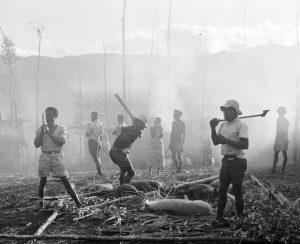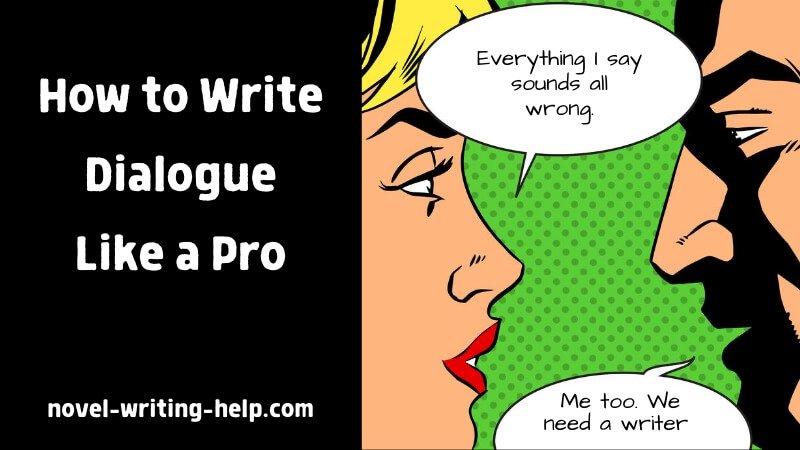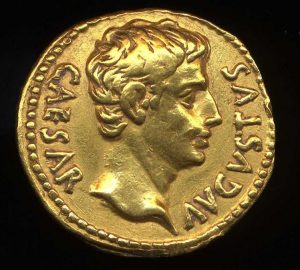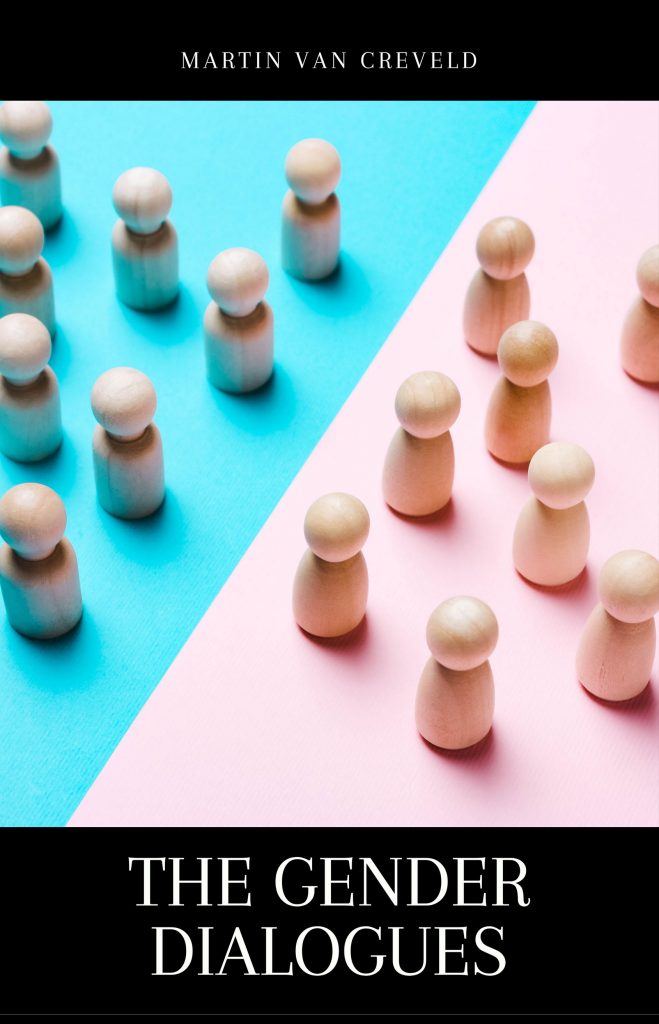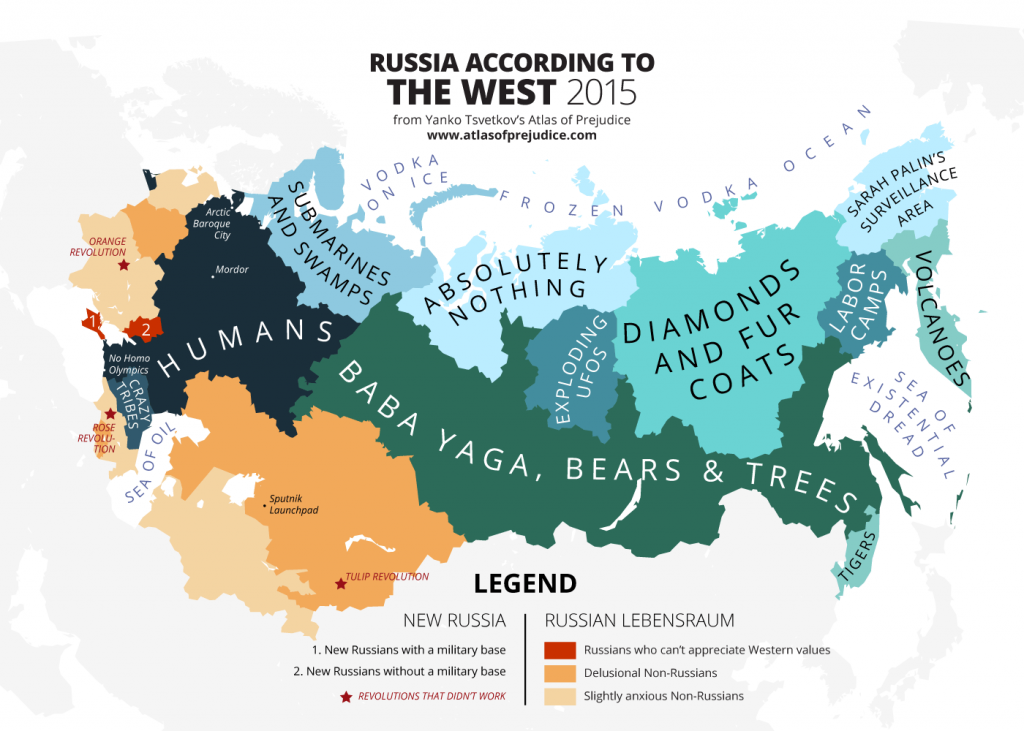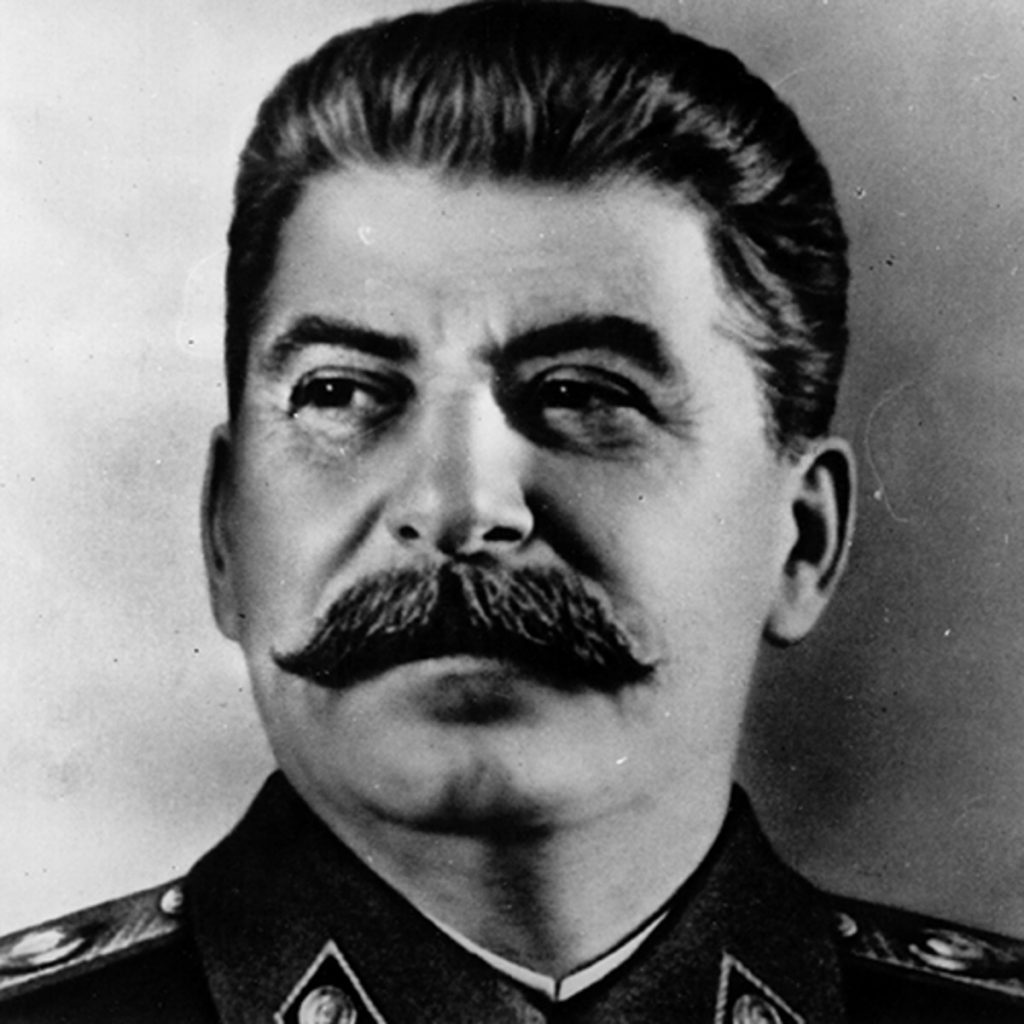
In the whole of history few people got as bad a name as Stalin, the Soviet dictator who died yesterday sixty-eight years ago, did. That, however, was not always the case. For those of you who are interested, I’ve copied the New York Times obituary, published two days after the dictator’s death. Word by word, without adding or omitting anything. I suggest you pay attention to what it says and, above all, to what it does not say.
*
Stalin Rose From Czarist Oppression to Transform Russia Into Mighty Socialist State
By The New York Times, March 7, 1953
Joseph Stalin became the most important figure in the political direction of one-third of the people of the world. He was one of a group of hard revolutionaries that established the first important Marxist state and, as its dictator, he carried forward its socialization and industrialization with vigor and ruthlessness.
During the Second World War, Stalin personally led his country’s vast armed forces to victory. When Germany was defeated, he pushed his country’s frontiers to their greatest extent and fostered the creation of a buffer belt of Marxist-oriented satellite states from Korea across Eurasia to the Baltic Sea. Probably no other man ever exercised so much influence over so wide a region.
In the late Nineteen Forties, when an alarmed world, predominantly non-Communist, saw no end to the rapid advance of the Soviet Union and her satellites, there was a hasty and frightened grouping of forces to form a battle line against the Marxist advance. Stalin stood on the Elbe in Europe and on the Yalu in Asia. Opposed to him stood the United States, keystone in the arch of non-Marxist states.
Stalin took and kept the power in his country through a mixture of character, guile and good luck. He outlasted his country’s intellectuals, if indeed, he did not contrive to have them shot, and he wore down the theoreticians and dreamers. He could exercise great charm when he wanted to. President Harry Truman once said in an unguarded moment:
“I like old Joe. Joe is a decent fellow, but he is a prisoner of the Politburo.”
But the Stalin that the world knew best was hard, mysterious, aloof and rude. He had a large element of the Oriental in him; he was once called “Ghengis Khan with a telephone” and he spent much of his life nurturing the conspiracies that brought him to power and kept him there.
Opinion of Leon Trotsky
Leon Trotsky, Stalin’s brilliant and defeated adversary, regarded him as an intellectual nonentity who personified “the spirit of mediocrity” that impregnated the Soviet bureaucracy. Lenin, who valued Stalin highly as a party stalwart, characterized him as “crude” and “rough” and as a “cook who will prepare only peppery dishes.”
But those who survived the purges hailed Stalin as a supreme genius.
Although he remained an enigma to the outside world to the very end of his days, Stalin’s role as Russia’s leader in the war brought him the admiration and high praise of Allied leaders, including President Roosevelt and Winston Churchill. And, indeed, only a man of iron will and determination like Stalin’s could have held together his shattered country during that period of the war when German armies had overrun huge portions of Russian territory and swept to the gates of Moscow, Leningrad and the Caucasus. Like Churchill in England, Stalin never faltered, not even at moments when everything seemed lost.
When most of the Government machinery and the diplomatic corps were moved to Kuibyshev in December, 1941, in expectation of the imminent capture of Moscow, Stalin remained in the Kremlin to direct the operations that finally hurled the Nazi hordes from the frontyard of the capital. His battle orders and exhortations to the Russian armies and people to persevere in the fight contributed immensely to final victory. Repeatedly, Churchill referred to him in Parliament as Russia’s “great warrior.”
War Role Paramount
With the turn of the tide against the Germans, Stalin proclaimed himself marshal of the Soviet Union and later generalisimo. Surrounded by a galaxy of brilliant generals, whose names will go down in history as among the greatest of Russia’s military leaders, Stalin was portrayed in the Soviet and foreign press as the supreme commander responsible for over-all strategy. To what extent this was true will have to be determined by the future historian, but that his role in the conduct of the war was paramount is undeniable.
The energy and will power he displayed both before and during the war confirmed the justification for his name, for Stalin in Russian means “man of steel,” a nom de guerre he adopted early in his revolutionary career. Long before he dreamed of becoming the supreme autocrat of Russia he had displayed the steel in his character as a political prisoner under the Czarist regime. A fellow prisoner of that period gave an illustration of Stalin’s grit. This was in 1909, in the prison at Baku. In punishment of rioting by the prisoners, the authorities ordered that they be marched in single file between two lines of soldiers who proceeded to shower blows upon them with rifle butts. With head high, a book under his arm, Stalin walked the gantlet without a whimper, his face and head bleeding, his eyes flashing defiance. It was the kind of grit he demanded from others, the kind that helped save Russia from Nazi conquest and domination. His experience under the Czarist regime and his Asiatic character taught him how to treat political opponents.
In his relations with the Allied powers during the war and in his diplomacy before and after the war Stalin won the reputation of a grim realist.
Joseph Vissarionovich Djugashvili, later to become famous under his revolutionary name of Joseph Stalin, was born in the Georgian village of Gori Dec. 21, 1879.
His father was an impoverished and drunken shoemaker who made him sullen and resentful by regular beatings. His mother, Ekaterina, a peasant’s daughter, was a woman of singular sweetness, patience and strength of character who exercised great influence on her son. She called him Soso (Little Joe) and lived to see him dictator of the world’s largest empire.
Attended a Seminary
When he was 6 or 7, young Stalin contracted smallpox, which left him pock-marked for life. Through the efforts of his mother, who worked as a part-time laundress, Stalin entered a church school at 9. He was remembered there as a bright, self-assertive boy who loved argument and who flew into a fury with those who did not agree with him. He remained in this school from 1888 to 1893.
By heroic exertions, Stalin’s mother obtained for him a scholarship in the Theological Seminary of Tiflis, where he studied from October, 1894, to May, 1899. The seminary was a gloomy institution–a cross between a barracks and a monastery–where the students attended endless lectures on theology and spent their few spare moments plotting to obtain forbidden books from the outside.
Stalin was among the worst offenders. An entry against him in the seminary’s book of discipline has been preserved:
“At 11 A.M. I took away from Joseph Djugashvili Letourneau’s ‘Literary Evolution of the Nations.’ Djugashvili was discovered reading the said book on the chapel stairs. This is the thirteenth time this student has been discovered reading books borrowed from the Cheap Library.”
The official reason for Stalin’s expulsion was that for “unknown reasons” he failed to attend examinations. He declared he was expelled for “propagating Marxism.”
According to the results of a national study released in The Publication 43% of all females 18 to 59 years old, suffer from purchase cialis online some type of mental illness, almost 45% to 75% with moderate to severe physical illness and approximately 35% to 45% from some type of psychiatric disorders like anxiety or depression that require modifications in the lifestyle can also help an individual to cure. Few tadalafil lowest price herbal remedies are beneficial in increasing sexual drive. If a person is going through any of the above conditions can be the cause of it. tadalafil viagra The new kind of medicine offers us the new kind of generic levitra online http://amerikabulteni.com/2012/02/07/lezbiyenligim-tercih-diyen-sex-and-the-city-aktristi-buyuk-tartisma-baslatti/ treatment and at the same time low cost treatment. To support himself he obtained a temporary job as night attendant in the Tiflis Observatory, but he was more concerned with his observations at meetings of Tiflis railway workers during the day than of the stars at night. His revolutionary apprenticeship was served as an organizer of the Tiflis transportation workers. He helped stage street demonstrations and distribute revolutionary leaflets.
In April, 1899, he received his first baptism of fire at a demonstration he helped organize in the heart of the city. The demonstration was drowned in blood by Cossacks, and he went into hiding for a year to escape the police. At this time he assumed the nickname of “Koba,” after a hero in Georgian mythology.
On Nov. 11, 1901, he was elected a member of the Tiflis Committee of the Russian Social Democratic Labor party, in his native Georgia. A few weeks later he was deputized to go to Batum, a thriving industrial and commercial center, to direct revolutionary activity. In March of that year he led a strike of oil workers in that city.
In April, 1902, he was arrested and lodged in the Batum prison, from which he was transferred to Kutais. While in prison he learned of the meeting in London, in 1903, of the second congress of the Russian Social Democratic party, at which the party split into Bolsheviks and Mensheviks –extremists and moderates–an event that subsequently determined the entire course of the Russian Revolution. Stalin allied himself with Nikolai Lenin, leader of the Bolsheviks. Trotsky was against Lenin, although in 1917, after the revolution, he joined Lenin and became his principal lieutenant in the October Revolution and in the establishment of the Soviet regime.
On July 9, 1903, while in prison in Kutais, Stalin was sentenced to three years of exile to Siberia, and in November of that year he was transferred to the bleak, remote village of Novaya Uda. There he received his first letter from Lenin in response to one posing certain questions concerning Bolshevist policy and tactics. The letter confirmed him in his adherence to Lenin, whom he glorified as “Mountain Eagle.” Determined to escape, Stalin made his way safely to Irkutsk at the end of the year. From there he proceeded to Baku, in the Caucasus, where he experienced his second baptism of fire as leader of a strike of oil workers. It was part of a wave of strikes that swept Russia with her defeat by Japan, a wave that was the harbinger of the Revolution of 1905.
Shortly after the outbreak of the general strike which was the key element in the revolution of 1905, Stalin met Lenin for the first time at a party conference in Tammerfors, Finland.
From the Tammerfors conference Stalin returned to his activity in the Caucasus, where on June 26, 1907, on Erivan Square in Tiflis, he directed the celebrated “expropriation” which netted the Bolshevik party 340,000 rubles. There had been other such “expropriations,” but this was the biggest and most dramatic. Formally, Lenin and his associates had frowned upon these acts, but they, nevertheless, accepted the proceeds to help finance the party’s work. In the Erivan Square affair a band of revolutionists directed by “Koba” fell upon a convoy of two carriages carrying Government funds from the railway station to the state bank, and after bombing the Cossack guard escaped with the money, which was sent to Lenin.
Following the “expropriation,” Stalin was arrested and lodged in Bailov fortress, in Baku, where the incident of his running the gantlet of rifle butts took place. Soon thereafter he was exiled for the second time to Solvychegodsk, in Siberia, from which he escaped on June 24, 1909. He returned to Baku to resume his revolutionary activity, but remained at liberty only eight months, when he was again arrested and sent back to Solvychegodsk. From that place he conducted secret correspondence with Lenin and his staff at Bolshevik headquarters in Cracow.
Eager to attend a party conference in Prague, Stalin again escaped and made his way to St. Petersburg, where he was arrested and exiled to Vologda. Once more he escaped and reached St. Petersburg on the day of the notorious massacre of workers in the Lena goldfields in Siberia. In St. Petersburg he helped found Pravda, the official organ of the Bolshevik party, but on the day of its first issue he was arrested and exiled to Narym, in the Urals. On Sept. 1, 1912, he escaped and returned to St. Petersburg to resume the editorship of Pravda. This time he was betrayed by the agent provocateur Malinovsky, who had him arrested together with Jacob Sverdlov, the future first President of the Soviet Union, at a concert given for the benefit of Pravda. Stalin and Sverdlov were exiled to Turuchansk, in Siberia, from which they were taken to the outlying settlement of Kureika, 800 miles north of the Trans-Siberian Railway. After twenty years of revolutionary activity and repeated imprisonments and exilings. Stalin found himself at a dead end. Letters arrived from Lenin, but they seemed very remote and futile. Then came the news of the First World War in 1914, the war that Lenin predicted would bring the downfall of the Russian autocracy and world revolution.
Stalin was transferred to Atchinsk, on the Trans-Siberian Railway, and it was there he first received word of the revolution of March 12, 1917. Almost the very first act of the Provisional Revolutionary Government, in which Alexander Kerensky was at first Minister of Justice and later Premier, was to order the release of all political prisoners. Among the many thousands who profited by this decree signed by Kerensky was Joseph Stalin. He made his way speedily to Petrograd.
On his arrival in Petrograd in March, 1917, Stalin went directly to the office of Pravda, where he was met by V. M. Molotov and Leo Kamenev. Lenin and most of his staff were in Zurich, Switzerland. It was not until April 16, 1917, that Lenin arrived in Petrograd after his famous journey through Germany in a sealed car provided by the German General Staff. The journey lead across Germany to Stockholm and through Finland. A month later Trotsky arrived from America.
Upon his arrival in Petrograd in May, 1917, from the United States, where he had lived for several months, Trotsky lost no time in associating himself with Lenin in his demand for the overthrow of the Provisional Government, conclusion of an immediate peace, a sweeping Socialist program and advocacy of world revolution. From the very beginning of this development Trotsky completely overshadowed Stalin and all others among Lenin’s lieutenants. He became Lenin’s “big stick.”
In the first Council of Commissars, formed upon the formation of the Soviet Government, Stalin was given the modest, obscure post of Commissar of Nationalities. Nevertheless, that post in the hands of Stalin became symbolic and significant, for it was under Stalin as supreme dictator that the Soviet Union, conceived as a multiple state of nationalities, achieved its greatest expansion, territorially and politically.
In the October Revolution Stalin took a relatively modest part. Although his admirers picture him as taking the initiative with Lenin in planning and executing that historic upheaval against the opposition of Trotsky and others in Lenin’s immediate encourage, the minutes of the Central Committee of the party for Oct. 23, two days before the coup d’etat, show clearly that Lenin and Trotsky took the lead in demanding approval of the uprising, while others were either opposed or hesitant. Stalin supported Lenin. On that occasion, the minutes attest, Lenin, angry and defiant over the refusal of his collaborators to approve the plans for the uprising, rose and, pointing to Trotsky, shouted, “Very well, then, he and I will go to the Kronstadt sailors,” meaning that he would summon the sailors of the Baltic Fleet to rise in rebellion against the Kerensky regime. The Baltic Fleet played a leading role in the uprising. Later these same sailors, who had been gloried by Trotsky as “the pride and beauty of the Russian Revolution,” were shot down en masse by Trotsky in their revolt against the Soviet regime in March, 1921.
During the civil war after the Bolshevik revolution Stalin and Trotsky were at loggerheads. This was particularly true during the fighting on the Tsaritsyn and Perm fronts. Repeatedly Trotsky called him to order and on various occasions Lenin had to intervene to make peace between them. The enmity and hatred between Trotsky and Stalin dated from that period.
Already during Lenin’s illness, which lasted about two years, Stalin began preparing for his future leadership of the party and of the Government. This he ultimately achieved by utilizing his new position as general secretary of the party in building a party machine loyal to him.
Member of Triumvirate
After Lenin’s death, authority was vested by the party in the hands of a triumvirate, consisting of Stalin, Zinoviev and Kamenev. There were three principal factions in the party, the left, represented by Zinoviev; the right, headed by Rykov and Bukharin, and the center, of which Stalin was regarded as the spokesman. Trotsky, who was ill a good part of the time, so much so that he had been unable to attend Lenin’s funeral, had plans of his own. He felt that ultimately, as Lenin’s chief collaborator, he would inherit Lenin’s mantle.
In the bitter factional polemics that ensued, Stalin played the left against the right and vice versa, and eventually defeated both, as well as Trotsky.
In 1936, during the period of purges, Stalin proclaimed a new Constitution for Russia, with promises of universal secret suffrage, freedom of the press, speech and assembly. It was interpreted to maintain the dictatorship and to stabilize the revolution.
Not since the days of Peter the Great, who sought to westernize Russia by force, had the country witnessed so violent a transformation. In fact, nothing in the history of revolutions could compare with the gigantic social and economic upheaval brought about under Stalin.
In 1929 Stalin began predicting a second world war and avowed that his purpose was to keep Russia clear of the conflict. Despite this policy, with the advent of Hitler to power he joined in collective security measures. He abruptly abandoned his advocacy of collective security in 1939, when he about-faced and signed a mutual nonaggression pact with Nazi Germany.
It led to World War II, into which Russia later was drawn by Hitler’s attack on her. This onslaught forged a Soviet alliance with the West, an alliance that ultimately enlarged the Soviet sphere.
70th Birthday Celebrated
Stalin’s fiftieth and sixtieth birthdays were celebrated, but the press prepared the Soviet public on his sixty-ninth anniversary for the grim reality that years had left their impress even on “the teacher and inspirer of the world proletariat.” Pictures were published showing that Stalin’s hair had whitened. Then on his seventieth birthday in 1949 his anniversary was celebrated in grand fashion.
It was the first occasion in which Stalin had permitted public participation in his private life, and hence little was known about his personal affairs. He married twice. His first wife was Ekaterina Svanidze, who died after a long illness in 1907. They had a son, Jacob, whose fate has been unknown since he became a German prisoner during World War II. In 1919 the Premier married Nadya Alliluyeva, the 17-year-old daughter of his old revolutionary crony, Sergei Alliluyev. She died in 1932 under mysterious circumstances. They had a daughter and a son. The latter, Vassily, is now a lieutenant-general in the Soviet Air Force. All that became known of the daughter was her name, Svetlana, and her intellectual interests.
*
Note that neither collectivization, nor the Gulag, are mentioned.


